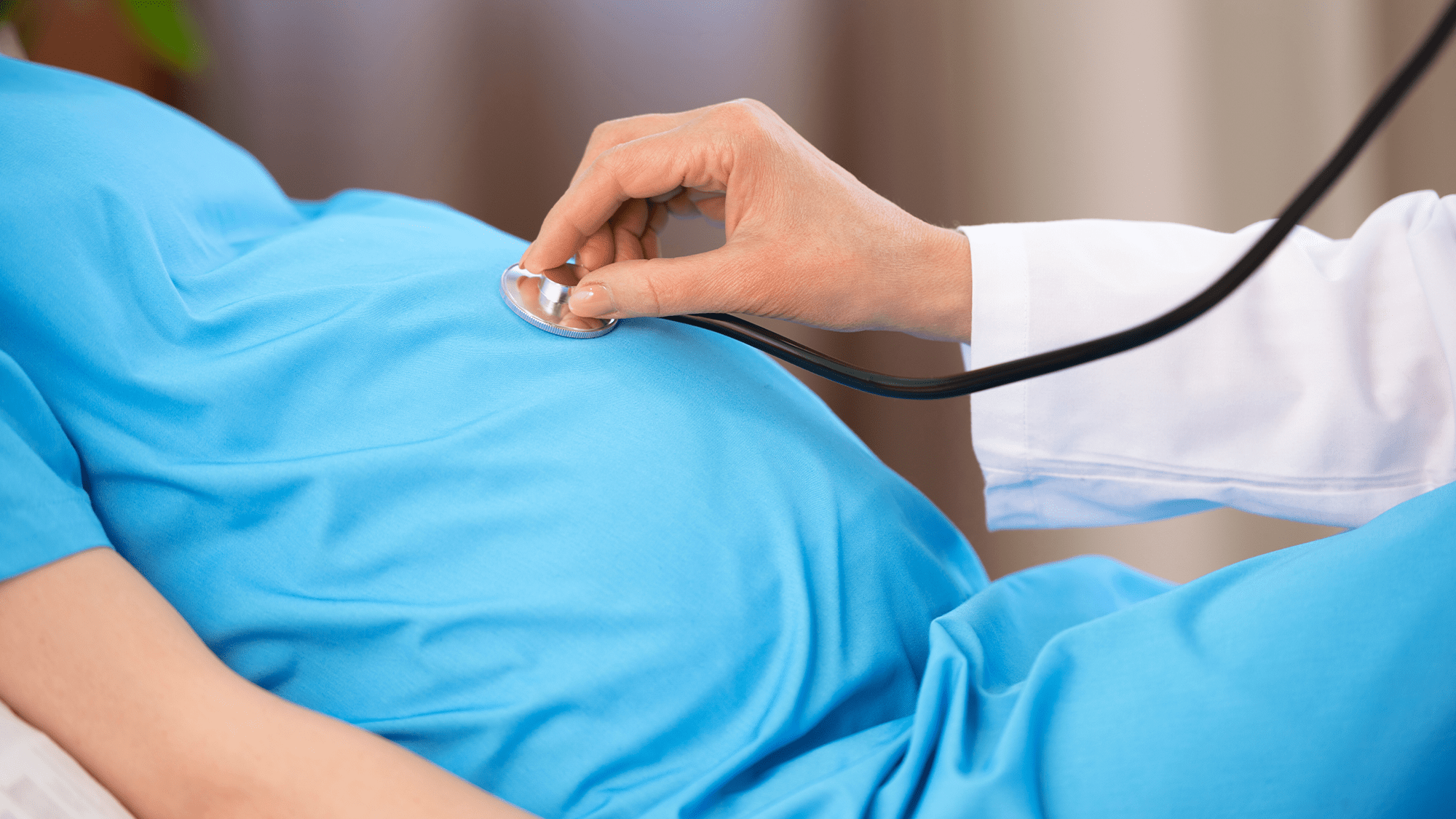

A large comprehensive study published January 16 in BMJ Global Health is shedding light on the risks of COVID-19 infection during pregnancy.
The study of over 13,000 pregnancies across 12 countries found that those infected with COVID-19 were seven times as likely to die during childbirth and are more than three times more likely to be admitted to an intensive care unit during during pregnancy, compared to COVID-free pregnant people. About 2,000 patients had a confirmed or probable case of COVID-19.
[Related: COVID deaths in pregnant people in the US are flying under the radar.]
“This study provides the most comprehensive evidence to date suggesting that COVID-19 is a threat during pregnancy,” Emily R. Smith, an assistant professor of global health at the George Washington University Milken Institute School of Public Health and lead author of the study, said in a statement. “Our findings underscore the importance of COVID-19 vaccination for all women of childbearing age.”
The researchers also found that when compared to uninfected pregnant people, those who have the the virus were 15 times more likely to require a ventilator and fives time more likely to develop blood clots that can cause swelling, pain, or other life-threatening complications.
Babies born to those infected with COVID-19 were almost twice as likely to be admitted to a neonatal intensive care unit (NICU) after birth and were at a higher higher risk of being born prematurely. According to Smith, preterm babies are also at high risk of having lifelong health problems including delays in early childhood cognitive development.
“This study shows the risk of getting COVID-19 for both mother and baby,” Smith said. “All countries, including the United States, should make access to COVID vaccines an urgent priority in order to save lives and prevent health problems.”
The study did not look at the benefits of vaccination in pregnancy, but other studies have shown decreases in the risk of stillbirth, preterm birth, and severe disease or death.
[Related: The CDC is urging pregnant people to get COVID-19 vaccines. Here’s how we know it’s safe.]
Division director of Maternal Fetal Medicine at the Cleveland Clinic Justin Lappen praised the study in an article for CNN, saying the findings reinforce and advance previous research that highlights the importance of preventing and treating the virus in pregnant people. Lappen wasn’t involved in the BMJ study.
There are some caveats on this study, namely that the data used in this research was conducted relatively early in the pandemic when many people were still unvaccinated and uninfected. The people in the study were likely at higher risk not just because of pregnancy, but because pre-existing immunity to fight the virus was non-existent.
According to the CDC, more than 72 percent of pregnant people in the US have had their primary series of COVID-19 vaccines, and about 95 percent of Americans are estimated to have had the virus at least once or have been vaccinated against it.
The best ways to prevent COVID-19 infection, whether pregnant or not, remain getting vaccinated, waring a high-quality face mask when indoors or in crowds, and practicing good hygiene.
